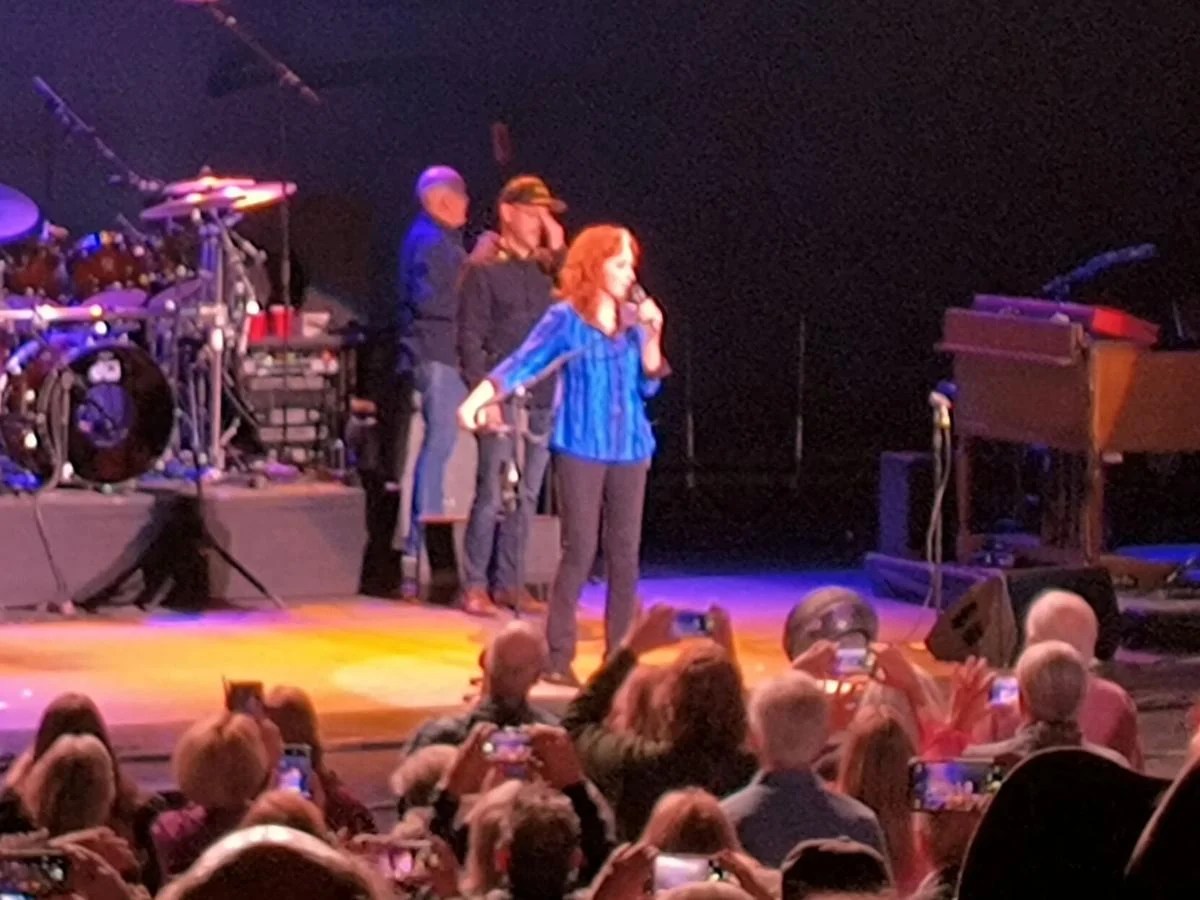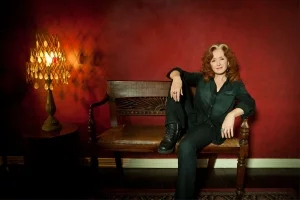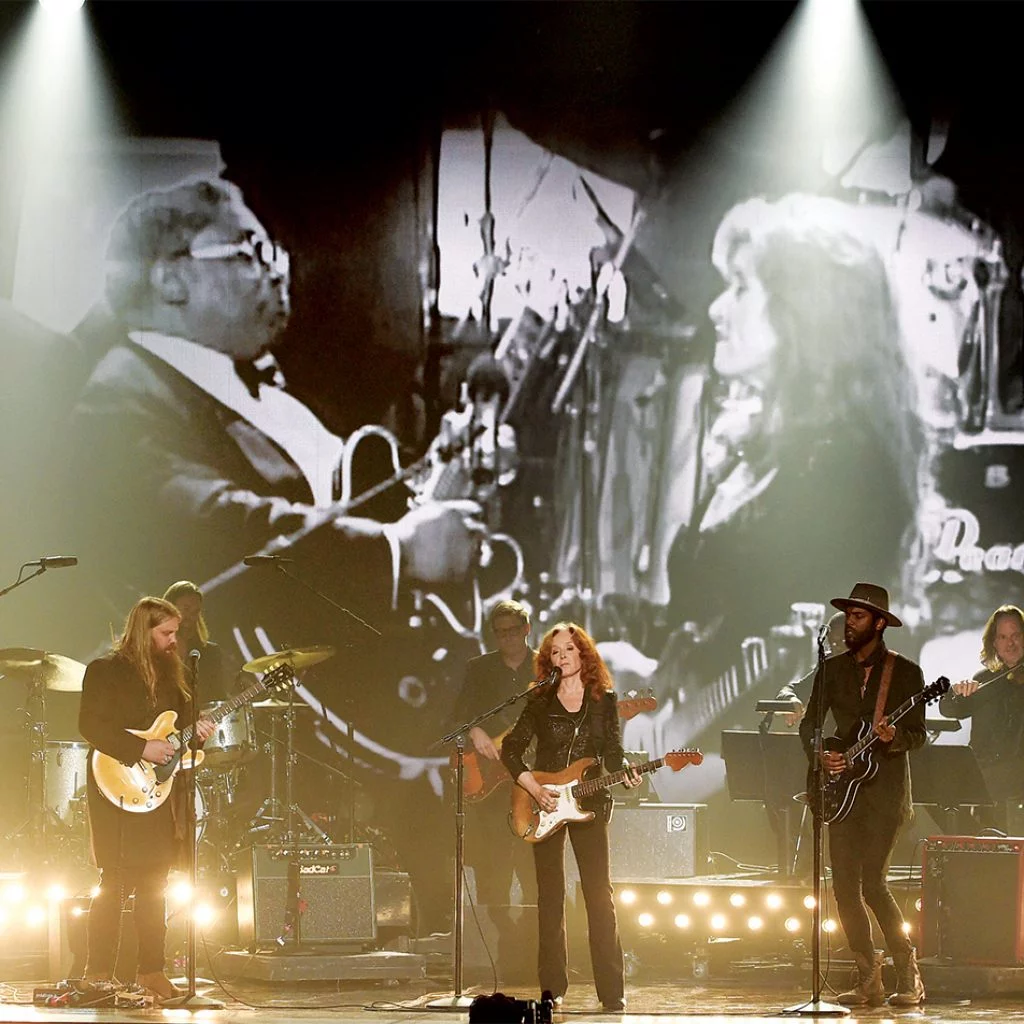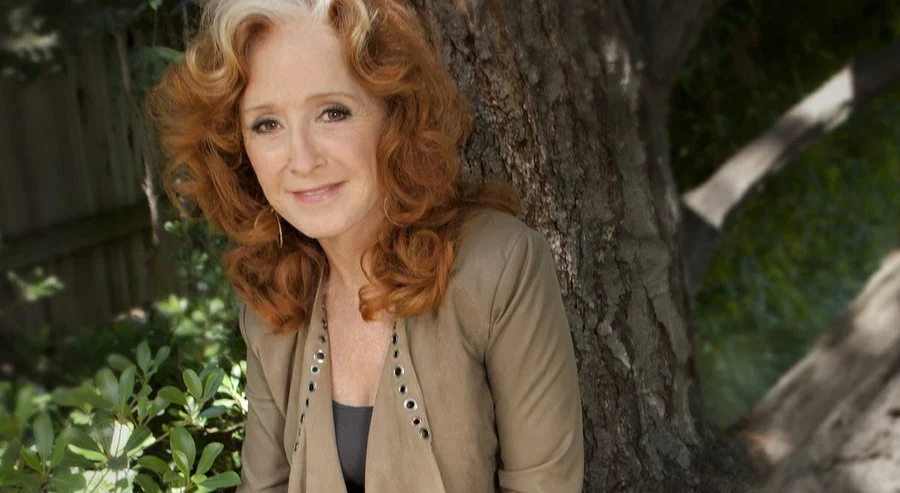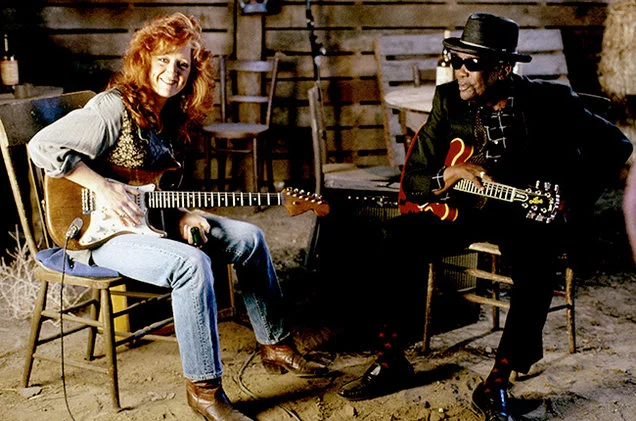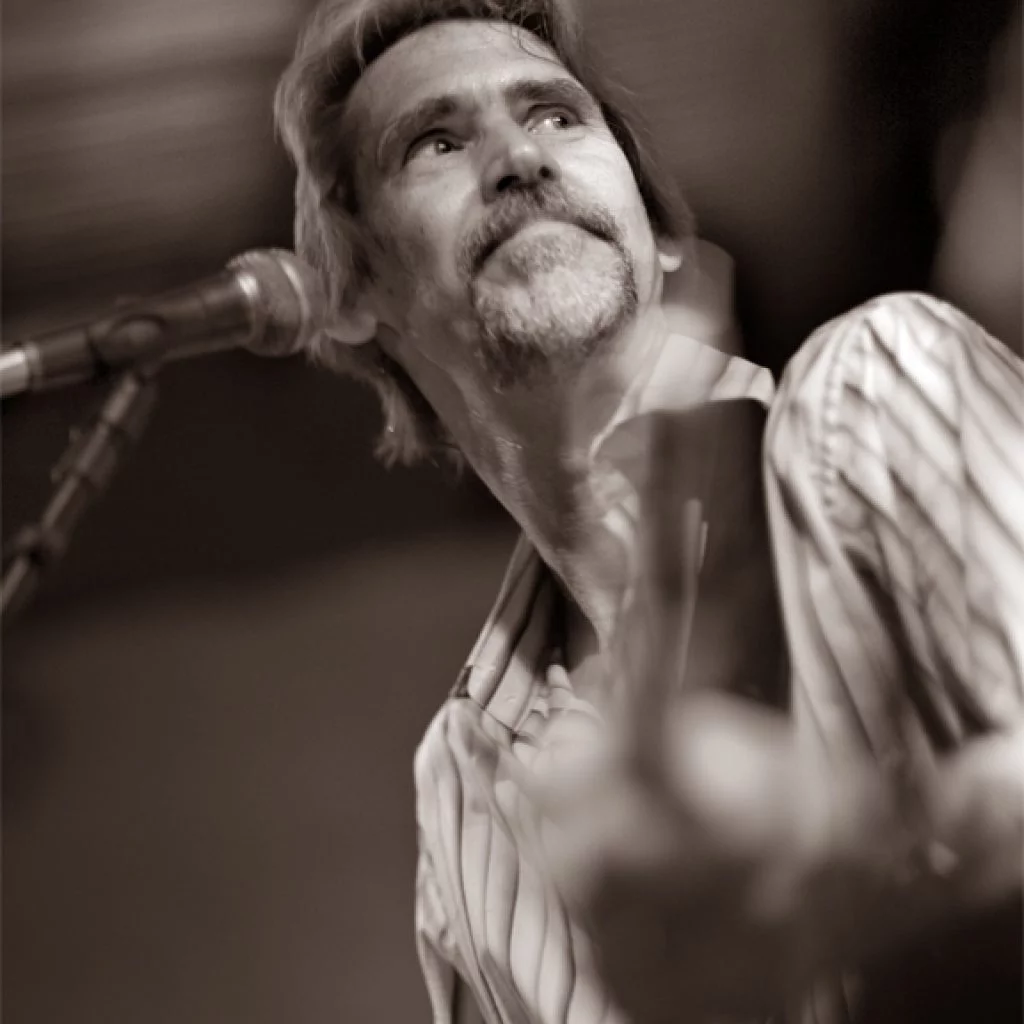The Rhythm & Blues Foundation is the only non-profit organization solely dedicated to preserving Rhythm & Blues music and celebrating the artists who create it.
The Rhythm & Blues Foundation is committed to:
- Assisting Rhythm & Blues artists in need
- Honoring pioneering Rhythm & Blues artists
- Educating the next generation of Rhythm & Blues fans
- Building appreciation of Rhythm & Blues music through performances and concerts
If you love Rhythm & Blues music and want to honor Rhythm & Blues artists, please support the Rhythm & Blues Foundation.

Bonnie Raitt and Ruth Brown attend The Rhythm & Blues Foundation’s Fifth Annual Pioneer Awards on March 2, 1994 at Roseland in New York City, New York. © Ron Galella /Getty Images
The Rhythm & Blues Foundation had its beginnings in 1987, when legendary performer Ruth Brown brought demands for royalty reform to the attention of Atlantic Records and its founder, Ahmet Ertegun. Ms. Brown’s early hits had put Atlantic Records on the recording industry map and earned the fledgling company the moniker, “The House that Ruth Built.” Sadly, like numerous other pioneering Rhythm & Blues artists, Ms. Brown received little financial compensation for her recordings; and, as a result, suffered deprivations and degradation for several years, at times working as a domestic and at one point being forced to apply for welfare to feed her children. Determined to address the inherent unfairness that characterized so many early contracts and refusing to suffer further indignities, Ms. Brown and her tenacious attorney Howell Begle sought the assistance of Congressional Representatives John Conyers and Mickey Leland, Rev. Jesse Jackson, and the Black Entertainment and Sports Lawyers Association to make her case. Ertegun responded to their compelling presentation by donating $1.5 million to address the needs of Ms. Brown and other early Rhythm & Blues artists. Ertegun’s initial donation seeded the formation of the Rhythm & Blues Foundation.

Rhythm & Blues Foundation Pioneer Awards – Fats Domino, Little Richard and Bonnie Raitt – Hollywood, Calif – 1995 © Alan Clark
The Foundation’s roster of founding directors was a veritable “who’s who” of the entertainment industry. In addition to Brown and Ertegun, early members of the Foundation’s board included Ray Charles, Dan Aykroyd, Dionne Warwick and Bonnie Raitt. Together, they forged programs that provided a much-needed safety net for the Rhythm and Blues performers of the 40s, 50s and 60’s. The Doc Pomus Artist Assistance Fund was established as the Foundation’s first grant program to address the immediate needs of distressed performers. Later, Motown founder Berry Gordy bequeathed $750,000 to the Foundation to establish the Gwendolyn Gordy Fuqua Fund in honor of his sister. The Foundation administers the Gwendolyn Gordy Fuqua Fund to meet the needs of Motown artists of the 1960’s and 1970’s. Soon after, Universal Music Group followed suit, donating $2 million to the Foundation to provide financial assistance to Rhythm & Blues artists affiliated with Universal or one of its labels. The Foundation has since disbursed over $3 million in grants to needy members of the Rhythm & Blues community.

John Lee Hooker is presented with a Lifetime Achievement Award from singer Bonnie Raitt during the Rhythm and Blues Foundation’s 10th annual Pioneer Awards in Culver City, Calif., Thursday, Feb. 25, 1999. © E.J. Flynn /AP
Since its founding, the Foundation has launched several award winning programs to educate the public and to provide opportunities for Rhythm & Blues artists to work. The National Endowment for the Arts funded its first Rhythm & Blues program when it supported the Foundation’s Performance Grant program in 1996. The Performance Grant program matched veteran Rhythm & Blues performers from the 40’s through the 60’s with schools, community-based organizations and arts programs across the country where they performed before appreciative audiences. In 2004, the Foundation’s radio, “Let the Good Times Roll” received the prestigious Peabody Award. Produced in conjunction with National Public Radio, the 26-part series used interviews and historic recordings to explore the evolution of Rhythm and Blues.
Today, the Foundation continues to provide its programs and services from its Philadelphia offices. The Foundation remains committed to its founding mission, on-going services to its constituents, and the presentation of outstanding programs.









 Visitors Today : 37
Visitors Today : 37 Now Online : 0
Now Online : 0















